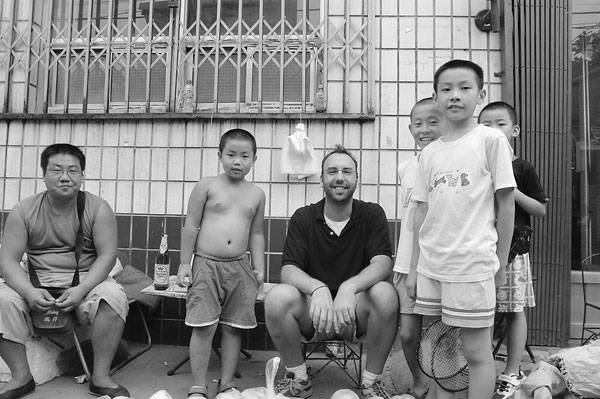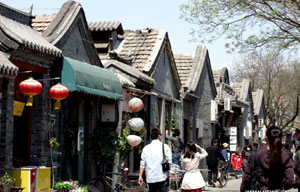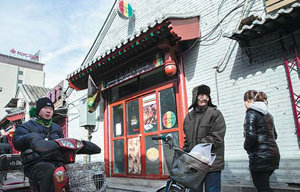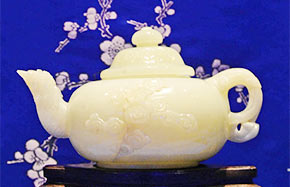Heart in the hutong
American author's fascination with people in style, Han Bingbin reports.
One of Michael Meyer's earliest impressions of Beijing was from Marco Polo's description in the 13th century: "The whole interior of the city is laid out in squares like a chessboard with such masterly precision that no description can do justice to it."
 |
|
Meyer and his neighbors. Photo provided to China Daily |
For the US author, his journey of discovery started from the heart - and the old parts - of Beijing, which is roughly the size of Manhattan.
As Meyer wrote in a magazine article titled Beijing Forever, "narrow lanes called hutong still stand, lined by gray-walled and single-story courtyard homes whose tiled roofs need weeding".
For centuries the rigid grid of hutong characterized Beijing's culture, he notes, with locals saying turn north, south, east and west instead of left and right. So he's confused enough to find that fewer than one-eighth of Polo's "chessboard" remains.
In 1997, Meyer moved to Beijing after living for two years in Sichuan province, where he worked as a Peace Corps volunteer. Since then, he has watched as many hutong meet the wrecking ball.
Cultural heritage protection subsequently became his focus as a journalist. Seeing that the staunchest hutong protectors are mostly tourists and historians, he realized that the only way to find out whether the hutong deserves protection was to live there.
"I want to see history, but I also want to experience the daily lifestyles," he says.
He spent two years of rustic life in the dull and dilapidated hutong, deprived of elements of modern lifestyle such as a private toilet and bathroom. But the result is illuminating: a thought-provoking book called The Last Days of Old Beijing, offering detailed accounts of lives while revealing the meaning of hutong.
It all happened in Yangmeizhu Xiejie. There Meyer attained a job as an English teacher, a respected role that soon enabled him to become a trusted part of the community.
But it still took almost one year before his neighbors agreed to share their untold life stories with him for the book.

























